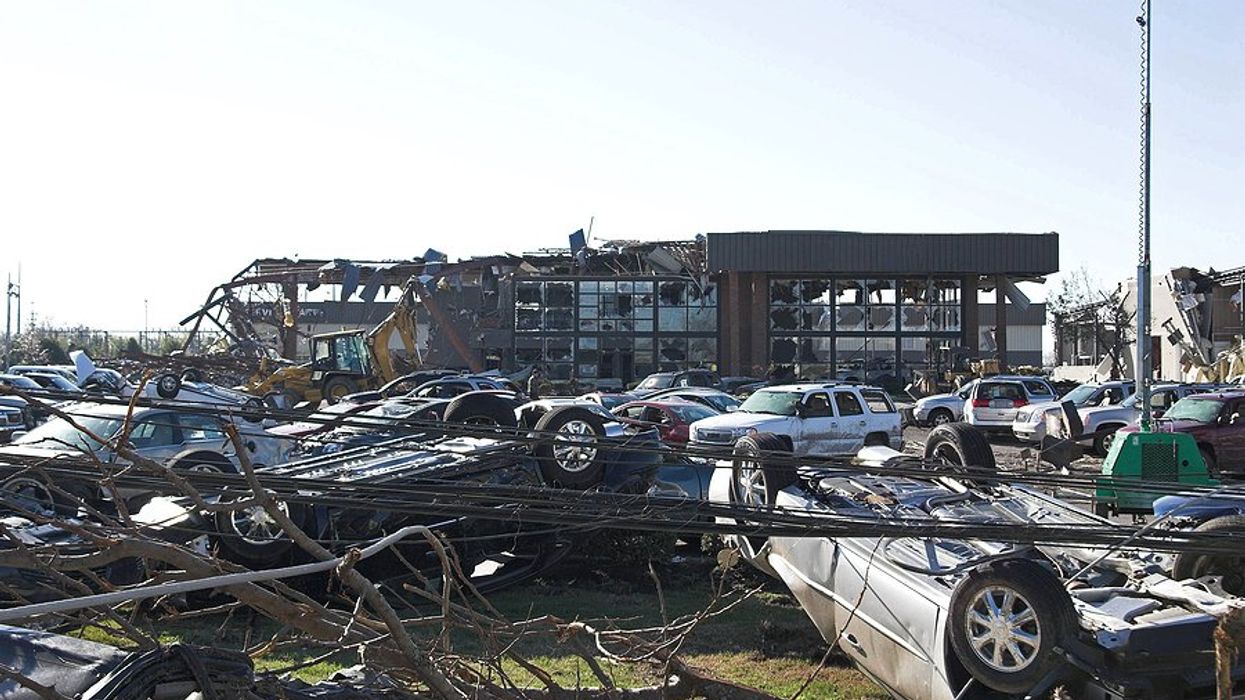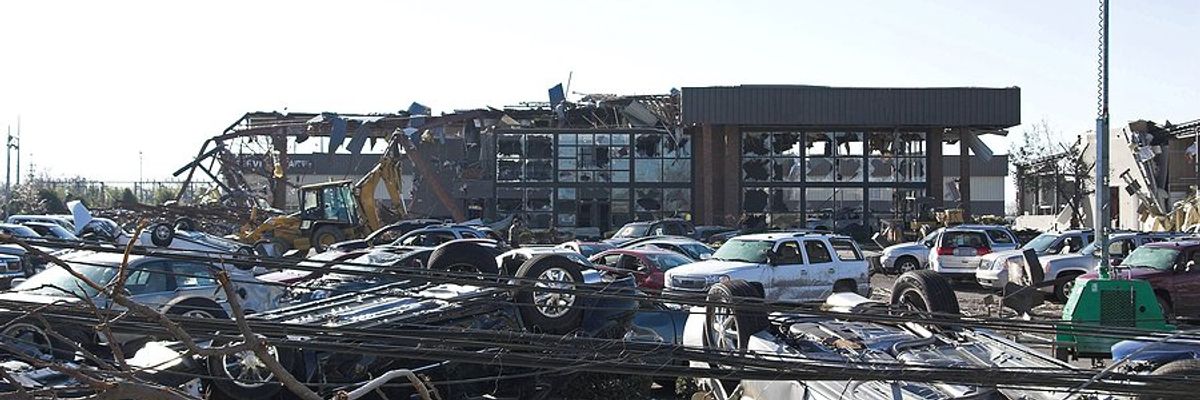As hurricanes, wildfires, and floods intensify, many U.S. small businesses are closing for good because insurance, loans, and relief arrive too late.
In short:
- Hurricane Helene cut Asheville’s 2024 fall tourism season short, slashing annual sales by 20%–40% and leaving popular spots like New Origin Brewery waiting nearly a year for a federal buyout.
- Nationally, 40% of small firms never reopen after a natural disaster and another 25 % shut within a year, while just 14% manage to tap federal aid through the Federal Emergency Management Agency or the Small Business Administration.
- Experts urge owners to review insurance, safeguard inventory, and build cash buffers, and they call for faster tools such as parametric coverage and a federal “small-business resilience czar.”
Key quote:
"Support makes a meaningful difference. For a lot of businesses it is the difference between closing down and surviving, but it doesn’t reach all the businesses that could benefit."
— Shehryar Nabi, senior research associate, Aspen Institute Financial Security Program
Why this matters:
From Main Street diners to neighborhood hardware stores, small businesses knit communities together with jobs, tax revenue, and the informal safety nets that big chains seldom provide. When a hurricane or wildfire knocks one out, the economic pain doesn’t stop at the storefront: Employees lose paychecks, local governments forfeit sales taxes, and residents have fewer places to gather, shop, and weather the next shock. Because smaller firms rarely have deep cash reserves or backup locations, even a short interruption can snowball into permanent closure, eroding community cohesion and widening wealth gaps. As climate-driven disasters grow more frequent, the attrition of small businesses compounds the human cost of extreme weather, turning physical damage into long-term social and economic wounds.
Related: Trump’s climate funding freeze leaves rural businesses in limbo
















